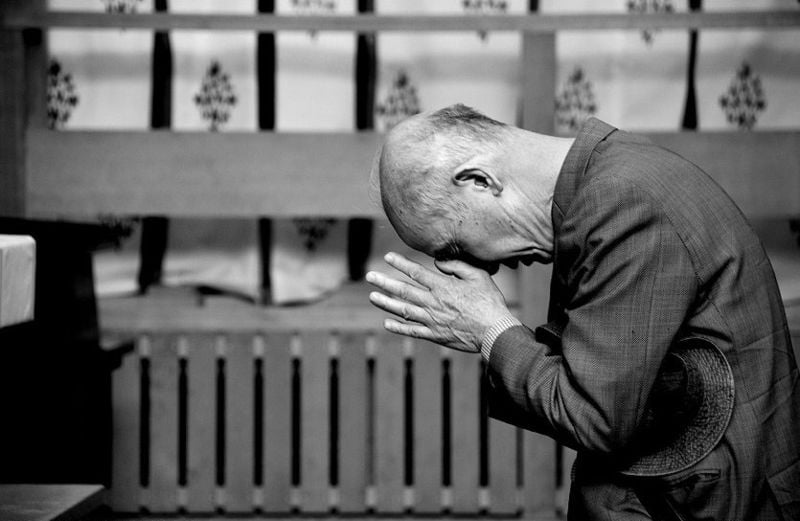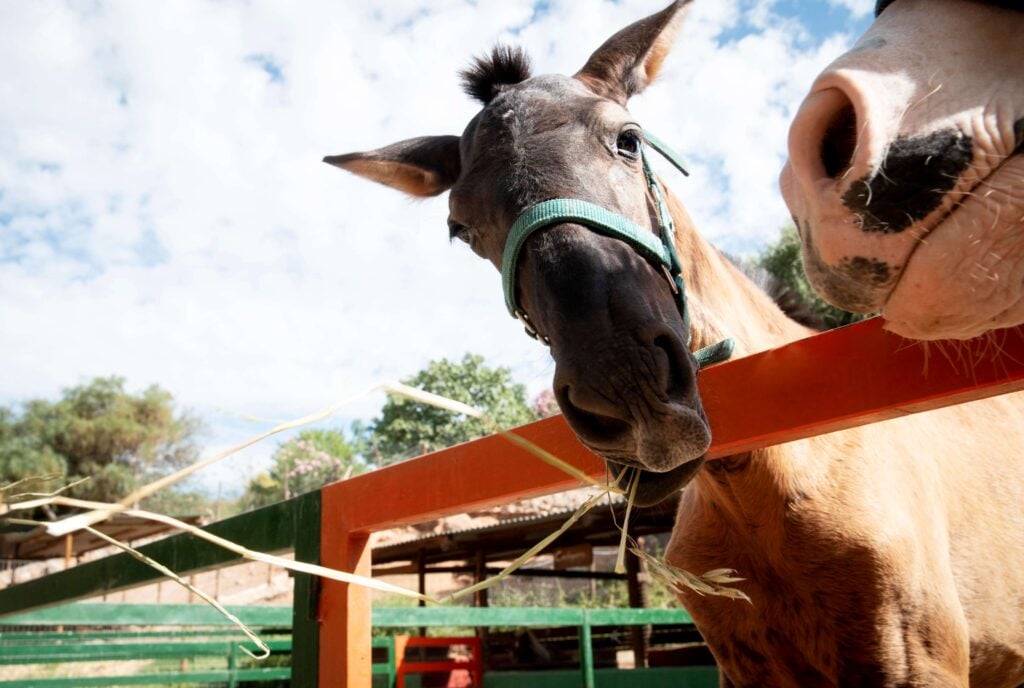7 Portuguese Idioms You Wouldn’t Have Guessed
If you’re planning to move to a Portuguese-speaking country, fluency in the local language will be essential to navigating the bureaucracies that come with settling in a new place. Plus, you will need to master the basics if you want to communicate with your neighbors.
And what better way to learn than with some typical Portuguese idioms? You can puzzle over the individual words until the cows come home, but you’re not likely to work out their meanings unless someone tells you – have a look at our breakdown of 7 of the best idioms before you’re blindsided by them.
Table of Contents
- 1. Ajoelhou, tem que rezar – You kneeled, now you have to pray
- 2. Procurando pêlo em ovo – Searching for a hair in an egg
- 3. Dá Deus nozes a quem não tem dentes – God gives nuts to those who don’t have teeth
- 4. João sem braço – John without arms
- 5. Burro velho não aprende línguas – An old donkey doesn’t learn languages
- 6. É cor de burro quando foge – It’s the color of a donkey on the run
- 7. A galinha do vizinho sempre é mais gorda – Your neighbor’s chicken is always fatter
→Sign Up Now: Free Trial Portuguese Lesson With a Native Speaker Teacher!←
1. Ajoelhou, tem que rezar – You kneeled, now you have to pray

“Shintō prayer” by Kalandrakas (カランドラカス) from Kanagawa, Japan – Cropped from https://www.flickr.com/photos/86251769@N00/508977152. Licensed under CC BY 2.0 via Wikimedia Commons.
Someone who ajoelhou, tem que rezar has “kneeled and now has to pray.” In other words, they need to follow through with their actions and finish what they’ve started.
2. Procurando pêlo em ovo – Searching for a hair in an egg
While this might sound a bit like “searching for a needle in a haystack,” it has almost the opposite meaning. Looking for a hair in an egg is to look for something that isn’t there, rather than something that is, but is hidden. Another way to say this is procurando chifre na cabeça de cavalo (searching for horns on a horse’s head).
3. Dá Deus nozes a quem não tem dentes – God gives nuts to those who don’t have teeth
This phrase is said when someone has been given a great opportunity that’s wasted on them.
4. João sem braço – John without arms
A “John without arms” is someone who’s pretending to be helpless or ignorant to get out of doing something. Apparently, this phrase originates from when Portugal was at war, and a man missing limbs could be excused from being sent to fight (which seems only fair).
5. Burro velho não aprende línguas – An old donkey doesn’t learn languages
This phrase is a bit like the English “you can’t teach an old dog new tricks,” but with donkeys. A donkey is often used to refer to someone who isn’t very clever, so presumably, an old donkey is not only stupid but forgetful (and maybe grumpy too). “Old donkey doesn’t learn languages” is an excuse for not learning something new – don’t be an old donkey and learn some Portuguese!
6. É cor de burro quando foge – It’s the color of a donkey on the run
Another donkey expression – in fact, donkeys appear to feature quite a lot in Portuguese idioms. This one is used for a color you can’t easily describe.
7. A galinha do vizinho sempre é mais gorda – Your neighbor’s chicken is always fatter
If the grass is always greener on the other side, it makes sense that “your neighbor’s chicken is always fatter” (not that chickens eat grass, but if the grass is better then the chickens must be too). Like “the grass is always greener” this phrase warns against envy – what you don’t have will always look better than what you do have.
→Sign Up Now: Free Trial Portuguese Lesson With a Native Speaker Teacher!←
You won’t survive in a Portuguese-speaking country with idioms alone (although you could try). But if you want your move to Portugal or Brazil to be truly successful, you may want to start taking classes with a native Portuguese teacher. They’ll be able to help you take your Portuguese skills to the next level! Contact us now and get a Free Trial Class, no strings attached.



